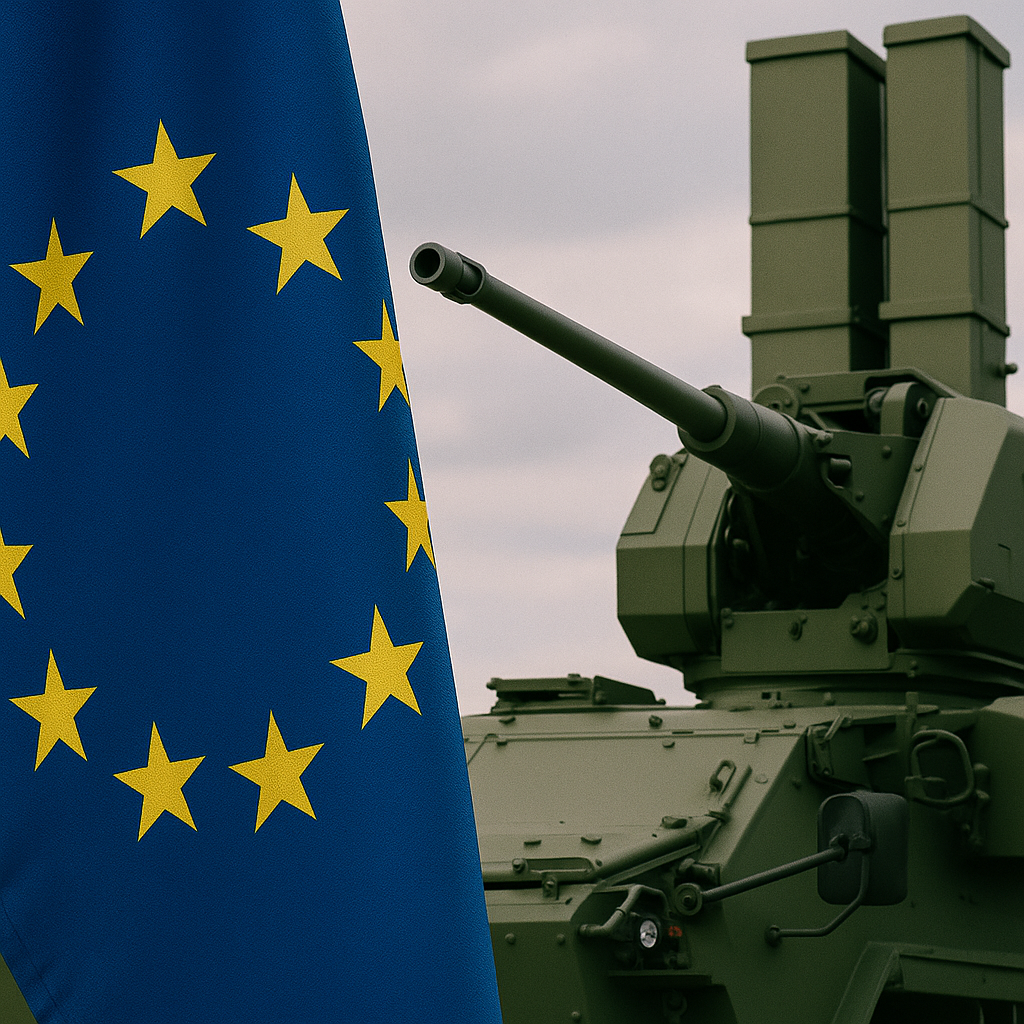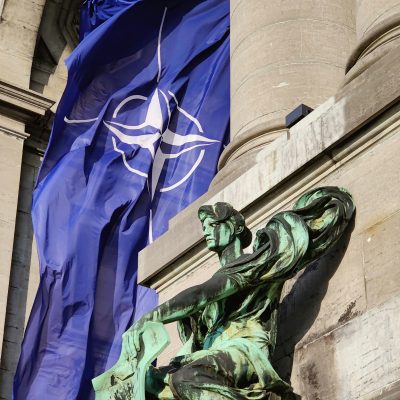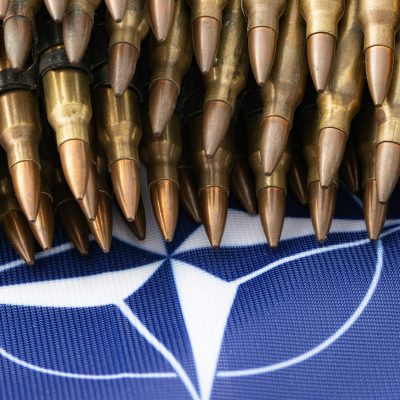The European Defence Industry’s Future: How European?
Jean-Pierre Darnis, Senior Research Fellow, Deputy Head of the Security and Defence department, IAI —
The contraction of domestic markets, with cuts and delays in military expenditure in both the EU Member States and the USA represents the main constraint for the defence industry in Europe. On the demand side, the global framework of budget diminution underlines a clear trend towards pooling of capacities. On the supply side the rationale is to maintain production capabilities and revenue. There is a quest for better opportunities in non-EU markets, along with the continuing issue of bolstering EU-wide exports. Meanwhile, the Commission attempts to shape the current landscape of the European defence industry via a number of directives. Yet, defence industries are not only pure “suppliers”. The fact that some states are shareholders of defence companies reflects the complex legacy of this sector, a mix of the sovereign state concept of production together with the protection of workers and specific constituencies. The latter is a key issue in industry governance, as revealed by Germany’s refusal of the BAE-EADS merger.

This Policy Paper is a contribution of Jean Pierre Darnis (IAI) to the project Think Global – Act European (TGAE). Thinking strategically about the EU’s external action, directed by Notre Europe – Jacques Delors Institute, (report available in March 2013, dir.Elvire Fabry, Senior Research Fellow, Notre Europe – Jacques Delors Institute).
Before the publication of the final report presenting the key recommendations of the 16 think tanks involved in the project, 5 series of Policy Papers address the following key challenges: CSDP, EU neighbourhood, strategic resources, migration and economic policy.
This Policy Paper is part of the series entitled “How can Europeans be taken seriously with lower hard capacities?” which includes contributions by Nick Witney (ECFR, London) , Ronja Kempin (SWP, Berlin), Daniel Keohane (Fride, Brussels) and Jan Techau (Carnegie Europe, Brussels).
Go to the other contributions of the defence series >>
The project is led with the support of the  </div />
</div />




